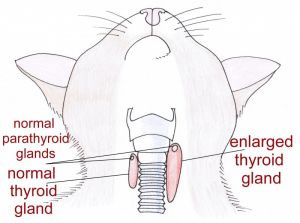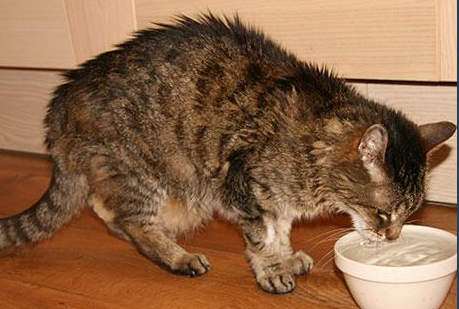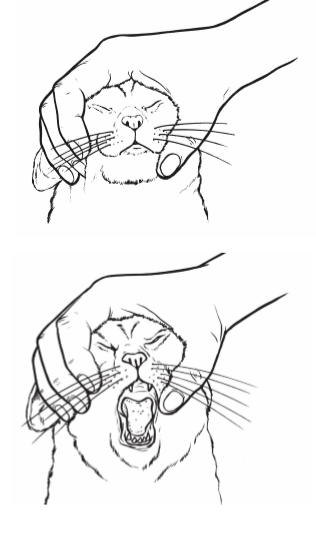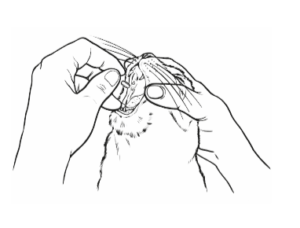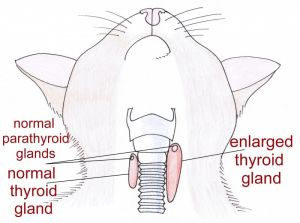Winter birds, worms and weight loss
Our Winter Blog has arrived, its bursting with seasonal advice to help keep your pets happy and healthy. Just because the weather has got colder it won’t stop the parasites jumping on your pet. Did you know that turning on the heating in your home can wake up old flea eggs and they can start re-infesting your pets! Ask us today about parasite protection for your pets and spread the cost across affordable monthly payments by joining our healthcare plan today, JOIN HERE.
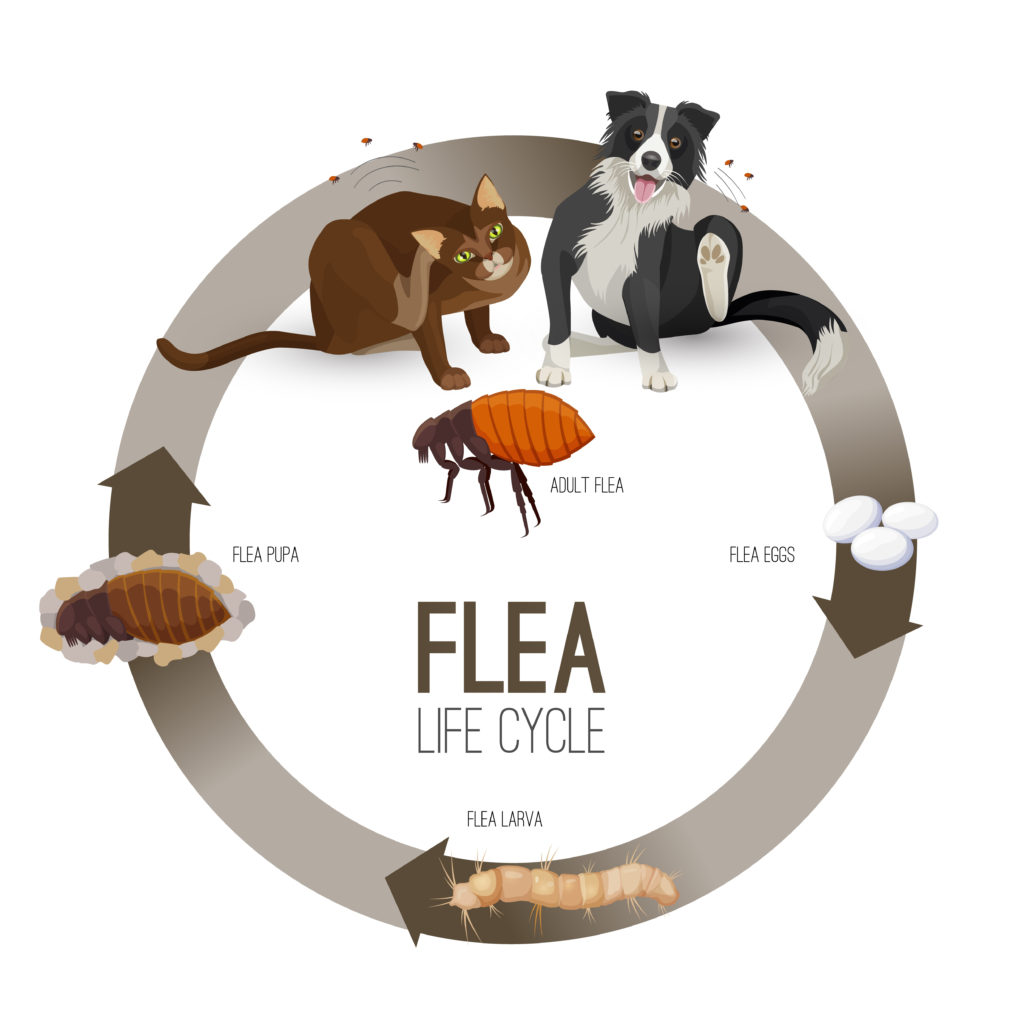
Festive alert
The festive season can also pose a huge range of very tempting hazards for our pets! From chocolate to seasonal plants, understand the potential hazards that could be lurking in your home with our FREE pet poisons guide here.
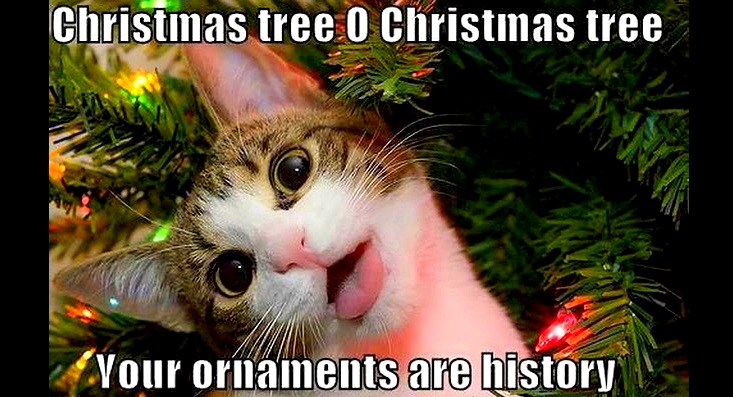
Caring for your senior cat
Our Winter Blog includes some top tips on keeping your senior feline content in their twilight years as sometimes their peaceful appearance can be deceiving. Signs of pain can be subtle, particularly in cats, but our Winter Blog explains what to watch out for including; Feeding habits and weight loss. If you have concerns about your older pet, please do not hesitate to contact our friendly team for more advice on your pet’s individual case.

As the temperature is dropping and the nights draw in, the cooler winter weather brings a range of challenges for our pets. With this in mind, we’ve put together some seasonal tips; including winter joint care for older pets, festive alert! From turkey bones, to baubles and tinsel the festive season brings with it a range of new and exciting objects for pets, all of which can cause all sorts of internal problems.

From Dr Matthew Wilson and all the team here at Young Veterinary Partnership we would like to wish you and your family a very merry Christmas and a happy, healthy 2023.



